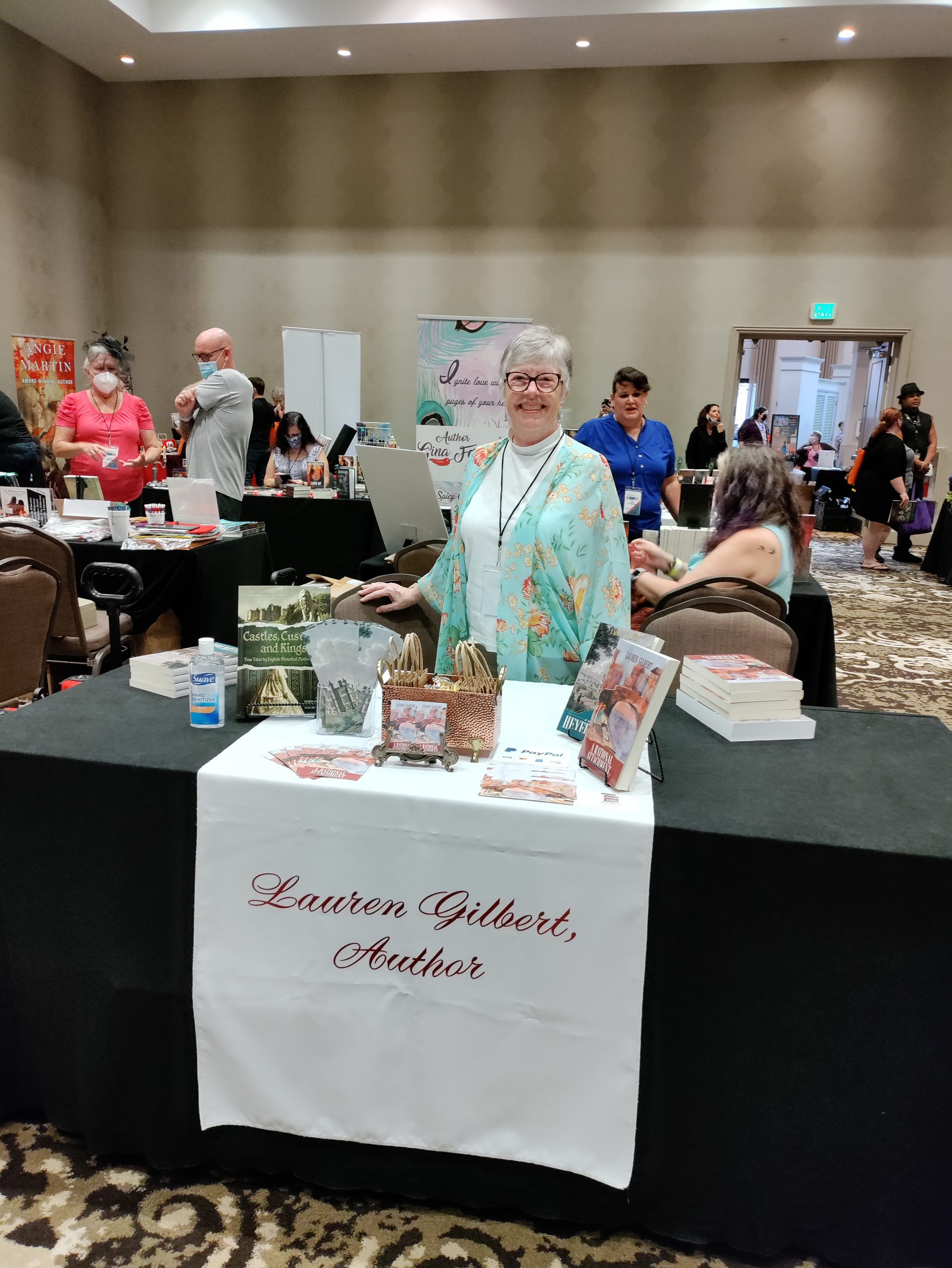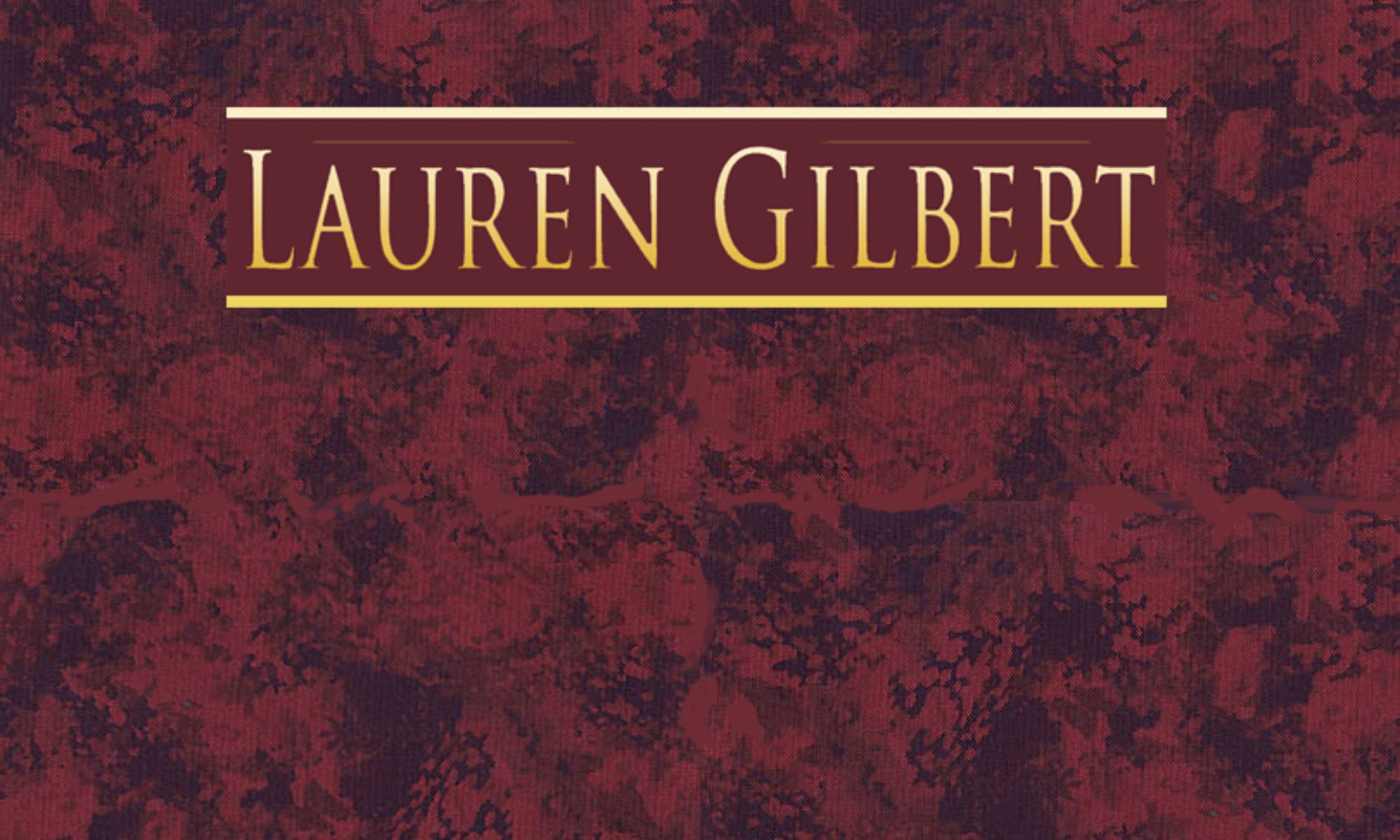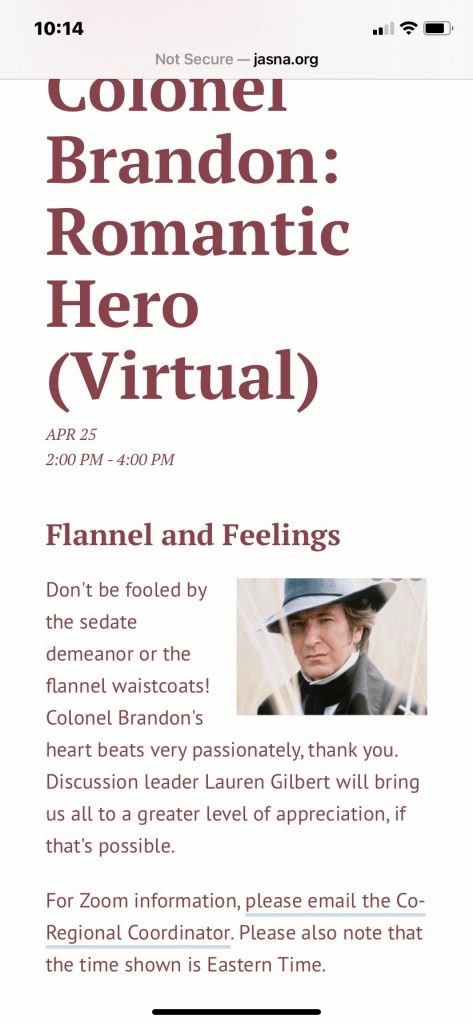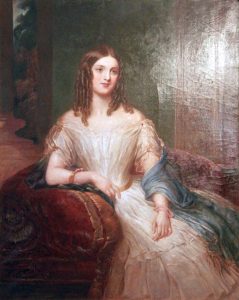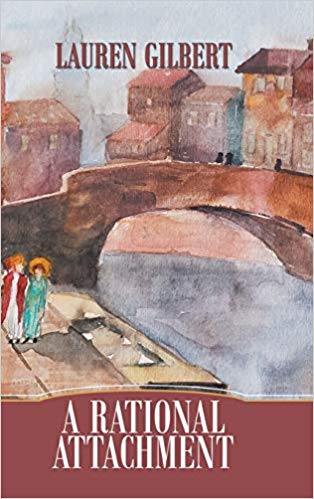In the course of doing research for a non-fiction book, I ran across an interesting character: Louis Eustache Ude, French chef.
Louis Eustache Ude was born around 1769, the son of a chef who cooked at the court of Louis XVI in France. Louis was briefly apprenticed there as as well, left to try other occupations, and then returned to cooking. He cooked for Napoleon’s mother, Maria Letizia Buonaparte for 2 years. Moving on to England (probably late 18th-early 19th century), he went to work for William and Maria Molyneux, 2nd Earl and Countess of Sefton, with whom he stayed for almost 20 years. The Earl and his countess were known for lavish dinners and select parties. His cuisine must have been greatly appreciated, as the Earl paid Ude 300 guineas per year, and left Ude 100 guineas in his will. While in the earl’s employ, Ude published his first cookbook, THE FRENCH COOK, in 1813. It is said that Ude left the earl’s service when the earl’s eldest son put salt in a soup Ude had prepared. The exact dates of service for the earl are not known.
After leaving the Earl’s service, Ude went to work for the Duke of York. After the duke’s death in 1827, he went to work for Crockford’s, a gaming club in St. James’s Street, where he was paid 1200 pounds per year to start. He was there until late 1838 or early 1839, when he left over a salary dispute. He was replaced at Crockford’s by Charles Elme’ Francatelli (about whom more here ), while he moved on to work at other clubs. His cookbook, which he re-titled THE FRENCH COOK: A System of Fashionable, Practical, and Economical Cookery, Adapted to the Use of English Families, went into numerous editions. (It is interesting to note that Mrs. Beeton is rumored to have included Ude’s recipe for turtle soup in her own cookbook.) Ude was living in London when he died April 10, 1846.
Sources include:
Cooksinfo.com “Louis Eustache Ude” by Randall Oulton, published December 31, 2005 and updated May 10, 2018. (c) 2010. HERE
GoogleBooks.com THE NATIONAL REVIEW Vol 25, March-August, 1895. pp. 784-785. London: Edward Arnold. “The Literature of Cookery (18th and 19th Centuries)” by A. Kenney Herbert. HERE
Morningmail.org “Indigestion: Dinner with high drama” (no author or post date shown). HERE
Oldcookbooks.com “Ude, Louis Eustache. The French Cook” (no author or post date shown). HERE
